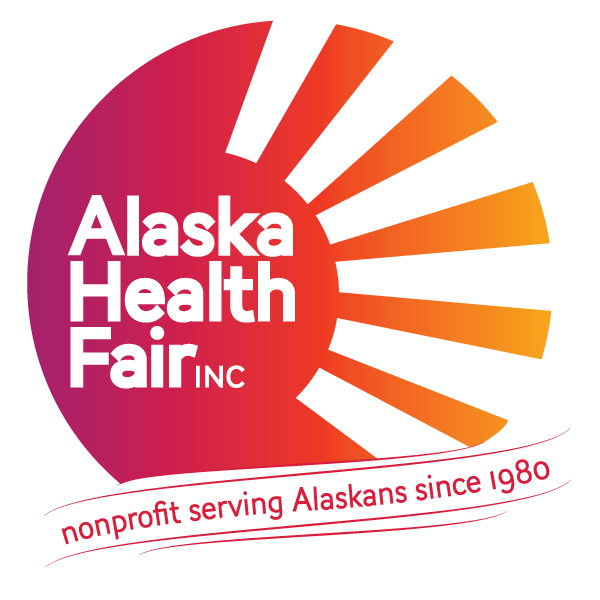You’ve probably seen it by now – someone exhaling a cloud of vapor that smells like fruit, candy, or mint. Maybe your friends are doing it. Maybe you’ve wondered if it’s safer than cigarettes. Or perhaps you’re a parent concerned about what your child might be experimenting with.
Vaping has become increasingly popular in recent years, especially among teens and young adults. With colorful devices and enticing flavors, vaping can seem harmless or even fun. But there’s more to the story than the sweet-smelling clouds might suggest.
What Exactly Is Vaping?
Vaping is the act of inhaling an aerosol (a fine mist) created by an electronic cigarette or other vaping device. These devices, often called vape pens or e-cigarettes, work by heating a liquid until it becomes an aerosol that users inhale.
It’s important to understand that this aerosol isn’t just water vapor. The liquid typically contains nicotine (the same addictive drug found in regular cigarettes), various flavorings, and other chemicals. Some e-cigarettes may contain marijuana, herbs, or oils.
Vaping devices come in many forms. Some look like regular cigarettes, pens, or even USB flash drives, making them easy to conceal. Some are disposable, while others can be refilled and recharged for continued use.
“But Isn’t It Safer Than Smoking?”
This is perhaps the most common misconception about vaping, and it’s understandable why many people think this way. When e-cigarettes first appeared on the market, they were often promoted as a safer alternative to traditional cigarettes or as a way to help smokers quit.
While it’s true that vaping exposes users to fewer toxic chemicals than smoking traditional cigarettes does, this doesn’t mean vaping is safe. Think of it this way: just because walking across a busy highway is safer than running across it blindfolded doesn’t make either option a good idea.
The truth is that vaping still poses serious health risks. And because vaping is relatively new, scientists are still discovering what those long-term effects might be.
What We Know About the Health Effects
Let’s talk about what research has revealed about the health impacts of vaping:
Addiction: Most vaping products contain nicotine, which is highly addictive. Many young people who start vaping don’t realize how quickly they can become dependent. You don’t have to vape every day to develop an addiction.
Brain Development: For teens and young adults, whose brains are still developing until about age 25, nicotine can harm brain development. It can affect memory, concentration, learning, self-control, and attention span. Some of these changes may be permanent.
Mental Health: There’s evidence that nicotine use can worsen anxiety and depression. For those already struggling with mental health issues, vaping might make things worse, not better.
Gateway to Smoking: Studies show that young people who vape are more likely to start smoking traditional cigarettes later. Instead of helping people quit smoking, vaping might actually lead some people toward it.
Lung Health: Researchers have identified cases of severe lung damage linked to vaping, some of which have been life-threatening. Symptoms can include coughing, shortness of breath, chest pain, nausea, vomiting, fatigue, and fever.
Other Health Concerns: Vaping has been associated with an increased risk of chronic bronchitis, sexual dysfunction in men, and exposure to cancer-causing chemicals.
Thinking Differently About Vaping
If you’re a parent reading this, you might be wondering how to talk to your child about vaping. Start by getting informed (which you’re doing now!) and then have an open, non-judgmental conversation. Listen to their thoughts and concerns, and share the facts without lecturing.
If you’re a young person who’s curious about vaping or already vaping, we encourage you to:
- Question what you see in advertisements and social media
- Talk to trusted adults about any pressure you feel to try vaping
- If you’re already vaping, know that it’s never too late to quit
Alaska Health Fair Is Here to Help
At Alaska Health Fair, we’re committed to helping Alaskans make informed health decisions. Since 1980, we’ve been providing health education and affordable health screenings to communities across the state. We encourage you to attend one of our healthfairs to learn more about vaping and other important health topics. Our events provide a non-judgmental space where you can ask questions, get resources, and connect your community’s health and wellness resources. For information about upcoming health fairs in your area, visit our website at https://alaskahealthfair.org.
Alaska Health Fair has a lending library of health education that local organizations can borrow free of charge for their own events statewide. In partnership with the Center for Disease Control and Good Medicine Keepers, we recently expanded our library with new tobacco prevention-related exhibits. Please give us a call for more information.
State of Alaska offers free programs for better health, including: “Stop smoking, vaping or chewing tobacco – Alaska’s Tobacco Quit Line” that provides free 24/7 quit coaching and nicotine replacement therapy. Thousands of Alaskans have successfully quit using this service. Call: 1-800-QUIT-NOW (1-800-784-8669). Text: READY to 34191. Visit: AlaskaQuitLine.com
Remember, being truly informed is the first step toward making healthy choices. We hope this information helps you or someone you care about make decisions that lead to a healthier, longer life.
This article was prepared by Alaska Health Fair, Inc., a 501(c)(3) nonprofit organization serving Alaskans since 1980. Our mission is to promote statewide health education and early screenings, with a vision of optimal health for all Alaskans.

